Diverse Critics is a talent development programme for disabled and/or Black and people of colour arts writers delivered in partnership between Disability Arts Online and The Skinny and supported by the National Lottery through Creative Scotland. Over the last eight months, eight aspiring writers based in Scotland have been supported with a bursary, training, mentoring and publishing opportunities. Take Me Somewhere have partnered with Disability Arts Online to offer further bursaries to a selection of the cohort to attend and review works as part of this year’s festival.
The Present Is Not Enough at CCA, Glasgow
Take Me Somewhere festival presents a celebration of queer desire which will get pulses racing
Glasgow’s Sauchiehall Street on Saturday night is a mass of stag dos, Tesco booze runs and Freshers’ flu. Arriving at the CCA is a sigh of relief. There’s an admittedly queer atmosphere and a shared anticipation that this one might truly be for us.
The Present Is Not Enough by Silvia Calderoni and Ilenia Caleo is a 60-minute performance with live sound score commissioned for Take Me Somewhere alternative performance festival. Italy-based Calderoni is a well-recognised actress, performer and author who has starred in films such as Moonbird (2022) by Ra Di Martino. Caleo is a queer-feminist activist, researcher and dramaturg, collaborating with theatre companies and directors across Europe. The pair met in 2012 and commenced their shared practice through residencies, research ateliers and performances. The Present Is Not Enough’s accompanying poetic text speaks of bodies, wildness and a yearning for futures. A nod to cruising (the practice of fleeting sex, often between gay men and more than often in semi-public spaces) as a ‘relational queer practice’ yet unseen by lesbian women.
Akin to this, as an audience we anonymously and eagerly enter this arranged meeting in public space. As the door is closed behind us the potential energy in the room is thick. Those seated on the floor arrange their knees at a polite distance as a single performer, nude from the waist down, lifts their foot to their mouth and seductively begins to kiss it.
The live electronic score commences as five more semi-nude bodies enter. One, bent over arse-first with their pants round their knees. They bask together under the white stage lights like big cats. This unexpected group of high school ‘untouchables’ have us right where they want us. Gender non-conforming bodies of both old and young meet each of us by eye, and by meet, I mean fuck. There’s a feline purr on the score that makes me think of lions again, a pride. I find myself in moments of skip-a-beat eye contact with each of them, flushed and frozen by the interaction. Tongues flick and lashes wink and I can’t be the only one absolutely transfixed by it all. I look around to see other audience members grinning violently in return or staring hard at the floor, tips of their ears burnt red.
The set is simple, and it needs to be. Each holding a plastic bag of a different colour, a potential nod to Hal Fischers’ Gay Semiotics, the new back pocket handkerchief. Corrugated cardboard walls are re-arranged, cutting scenes between public and private. They play the audience against one another, allowing some of us to peep and others to crane our necks voyeuristically. At one point, they become urinal stalls, alluding to the historical cruising of public toilets or ‘tearooms’, the principal underground space for queer sexual encounters which now instil fear in similarly criminalised trans bodies. Tense spaces of connection and danger. In this scene, I can feel them all.
The non-narrative diaries of artist and AIDS activist David Wojnarowicz punctuate. He speaks of the city, of suicide, and heartache as these vibrant deviant bodies find new ways to move together. Sometimes, I wish we spoke about queer history without the mention of lives lost, but Calderoni and Caleo have managed to marry collective grief with just the right glimpse of utopia.
The choreographed encounters are stimulating but never boorish, filled with references to the more-than-human, animalistic desire often used to describe queer sexuality. Performers drop their pants to their ankles and lift their shirts to cover their faces, blindly shuffling and whistling toward one another like birds in a mating ritual. Exposed, unsteady and faceless, they land arse to arse in a loud smacking kiss. Others attempt to contort themselves together with the wrong legs through one another’s jeans. These are the imperfections of encounters; the first scenes cut from sex films presented as the final messy product. It’s pure and beautiful in its absolution.
As an audience, we soften and submit to the collective post-coital euphoria. Bent knees of those seated relax to kiss their neighbours', as we too become a connected body. The cardboard walls are torn down during a final mournful song, and we’re back to our Saturday night in Glasgow. There was a feeling created together in that room, one of shared desires and shimmering freedom. We file out after the applause, giddy with our belongings in our arms as if leaving a one-night stand. This work is a radical triumph, not a dry seat left in the house.
Kindly reproduced with permission of The Skinny
Originally published 3 November 2023
Main Banner - © Roberta Segata, courtesy Centrale Fies
About the writer
Maya Rose Edwards is a participatory artist working with public space and people, using hunter-gatherer tactics to inform poetics, placemaking and people/object relations through site-specific intervention. They have worked in participatory settings for 4+ years creating ambitious public artworks with communities, and across diverse consultancy roles for arts organisations to increase creative access. They are the recipient of the RSA New Contemporaries Selection 2023 for which they received the Chalmers Award, Creative Scotland Youth Arts Bursary 2022, Steven Palmer Travel Research Bursary 2023, and are a member of the 2023/24 cohort of The School of the Damned.
@mre_arts


